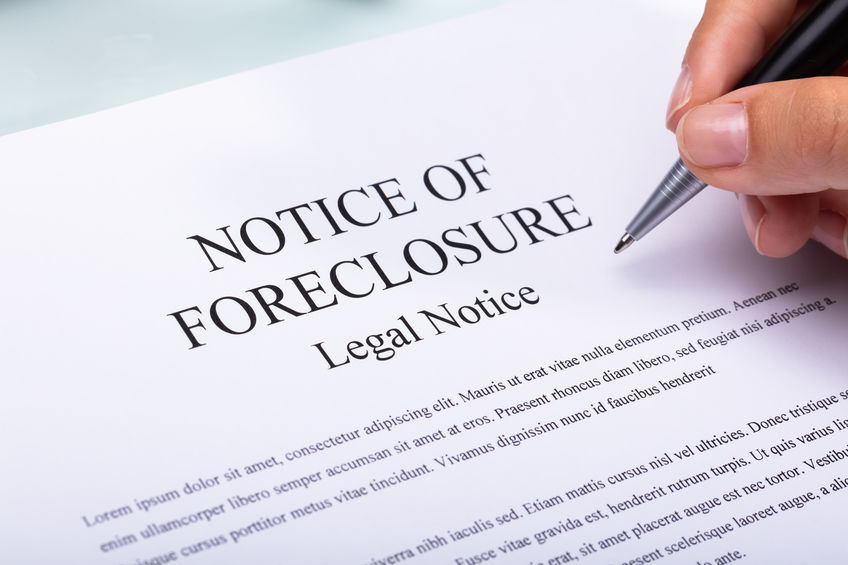In Florida, if a bank, lender or servicer anticipates filing a foreclosure action, there are certain steps it must take prior to doing so. These provisions are called conditions precedent to foreclosure. State and federal law, as well as the contractual language of the mortgage and promissory note, set forth some of those requirements. Financial institutes are under the obligation to abide by these conditions. Failure to do so opens the door to defenses to the foreclosure claim which can lead to dismissal of the case.
What Are Examples of Conditions Precedent to Foreclosure in Florida?
Common examples found embodied in mortgages and promissory notes in Florida:
- Provide borrower notice of the loan default and an opportunity to cure the mortgage prior to foreclosure;
- Contact the borrower by telephone and in writing during the pre-foreclosure period, to discuss loss mitigation options;
- Federal law usually requires a servicer to wait until the borrower has been more than three months delinquent on payments.
What is the Housing and Urban Development (HUD) “Face to Face” Meeting Requirement?
The federal regulation 24 C.F.R. §203.604 mandates that a bank do one of the following prior to commencing a foreclosure action:
- Meet with the borrower for a face to face interview; or
- Make a reasonable effort to have that face to face meeting.
The regulation requires that such meeting must take place or a good faith effort to meet with the borrower must occur, prior to three full monthly mortgage payments going unpaid.
Is the HUD “Face to Face” Meeting Requirement a Condition Precedent to Foreclosure?
It depends. The 24 C.F.R. §203.604(b) regulation is not a condition precedent to foreclosure, unless the language in the promissory note and mortgage expressly incorporate the HUD regulation. In PennyMac Loan Services LLC v. Ustarez, the mortgage and promissory note at issue contained a provision expressly stating that neither acceleration nor foreclosure were authorized, if not permitted by HUD. The court concluded that since PennyMac contractually agreed to self-impose the HUD regulation on itself, compliance with such regulation was required prior to bringing the foreclosure action. Otherwise, HUD’s face to face meeting requirement is considered an administrative regulation subject to monetary sanctions and it does not impede the filling of a foreclosure complaint.


